What is Sociology?
That is a great question. This is not a subject that most people took in high school, so you are probably unfamiliar with the discipline. Sociology is most generally known as the study of human groups in interaction, but that does not tell us much. How about you? Well, we thought so... Sociology has a long history dating back to the French Revolution and the shift to the urban society which increased the magnitude and visibility of a wide spectrum of social problems. Early sociologists concerned themselves with ways to engineer a society that would be free from the social and environmental decay that the large European societies seemed to produce. As you will see below, we still have a course in sociology called Social Problems which examines challenges that we face at the dawn of the 21st Century as well as a variety of solutions, both practical and visionary.
Sociology has many theories, but the basic assumption is that humans are social beings rather than strictly biological organisms. Human behavior is created and sustained through social interaction in groups ranging from the dyad of two people (micro level) up to large scale organizations such as bureaucracies (macro level) that circle the globe. Think about it...Do you act the same way in every social situation you encounter throughout your day? Of course, not! You do not interact the same way with family members that you do with bosses at work. Well, you may be asking, "so what?" Our answer is that society is created through vast social processes which affect us as individuals in everything we do. If we are to change ourselves and society, we must first understand the social forces that shape us and the world that we live in. Sociology studies all aspects of social life and that is important! If you look under the course offerings you will see that we "leave no stones unturned." Join us in an adventure into the world in which you live and only thought that you understood. You will find that you did not have insight into the social forces which affect you. Looking through the "lens" of sociology will give you a new vision for yourself and the world.
Academic features:
The Department of Sociology and Anthropology offers its Sociology curriculum to undergraduate students who want to pursue the systematic study of society from the microlevel (the individual in society) to the macro-level (the study of institutions). Anthropology courses provide a global perspective on the nature and origins of human cultural and biological diversity; different anthropology courses can be used as natural science, social science, or humanities electives. At the junior/senior level some students may be eligible to enroll in internship and independent study courses:
(1) Individual Readings in Sociology and Anthropology
(2) the Internship Program (where the student integrates a work experience with course work). Students graduating with a major in sociology may enter graduate programs in sociology, anthropology, and social science; enter professional schools, such as law and social work; or enter careers requiring a bachelor's degree in the liberal arts.
Sociology majors are encouraged to draw upon the resources of other departments in social and behavioral sciences, as well as the humanities and physical/natural sciences. Counseling on programs and career choices is available within the department.
The Department of Sociology and Anthropology maintains a chapter of Alpha Kappa Delta International Sociology Honor Society (Iota of Indiana Chapter). Students are selected on the basis of excellence in research.


